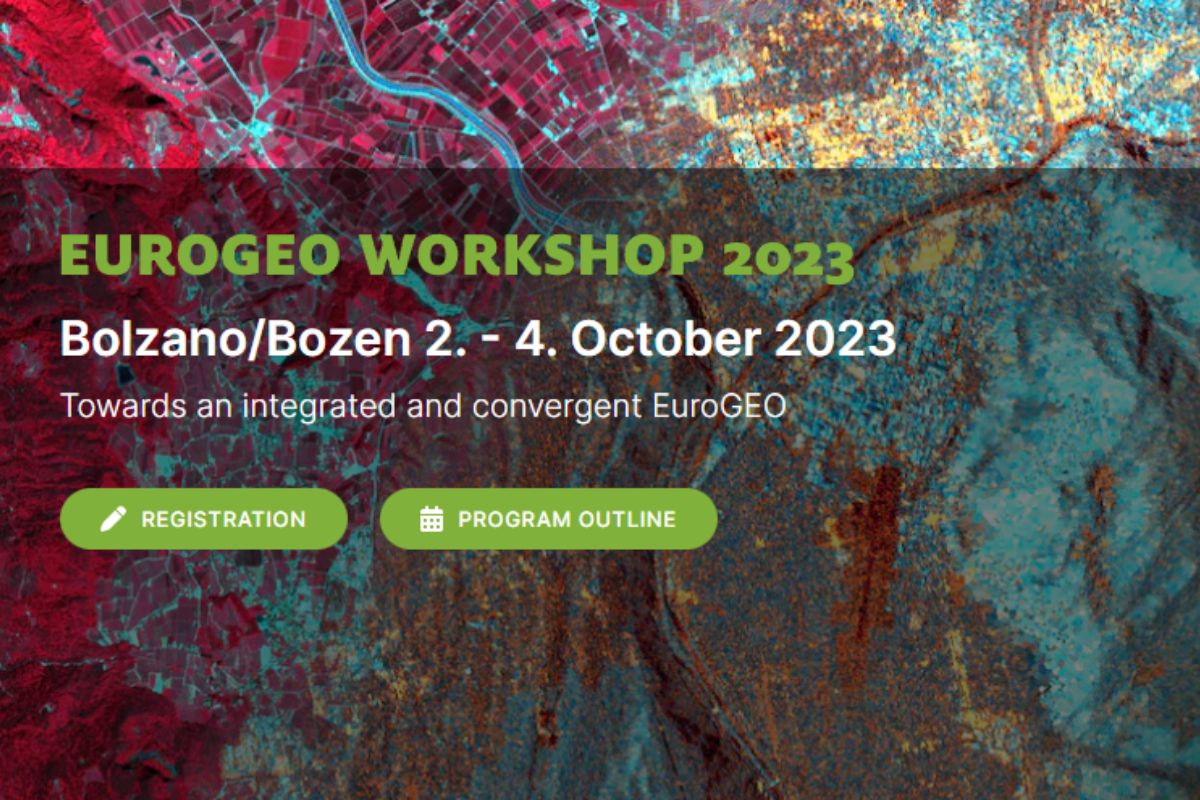
EuroGEO, the platform that brings together and coordinates European activities supporting the Group on Earth Observations (GEO), is gearing up for its annual workshop. This year's event, taking place from 2 to 4 October 2023, at Eurac Research in Bolzano, Italy, holds significant importance as it aligns with the ongoing efforts to define GEO's post-25 strategy.
The EuroGEO 2023 workshop offers a crucial opportunity for European participants to position their activities within the context of the new GEO strategy. It facilitates the coordination and interlinking of actions at both national and European levels across various sectors and domains. By doing so, the workshop enables the creation of relevant and impactful contributions to GEO's mission.
This year's event is particularly special as it coincides with the Open-Earth-Monitor (OEMC) Global Workshop 2023. The OEMC Global Workshop focuses on harnessing the power of open Earth monitoring data and technologies. Participants can register for both workshops and enjoy five days (Monday to Friday) filled with scientific insights, technological advancements, policy-making discussions, collaborative hackathons, engaging forums, and social events.
EuroGEO 2023 and the OEMC Global Workshop 2023 promise to foster collaboration, innovation, and the exchange of ideas among experts and stakeholders from around the world. These joint events provide an invaluable platform for shaping the future of Earth Intelligence and leveraging scientific knowledge for policy-making and sustainable development.
BioDT at the EuroGEO Workshop 2023
On 3 October, BioDT project partner Thomas Geenen chairs the session "Digital Twin development in Europe" while making a presentation on the digital twin engine of Destination Earth.
The overall session aims at providing an overview of the ongoing development and implementations of digital twins in the European research community. It covers both infrastructure and architectural design questions as well as examples of a successful implementation of digital twins in the context of Earth Observation and related disciplines.
All participants in the "Digital Twin development in Europe" session get the opportunity to
- Exchange on current developments
- Harmonisation on the architectural design
- Discuss interoperability between different implementations
- Discuss best practices for implementation and operation of digital twins
If you wish to join the event, register for it on the official website.